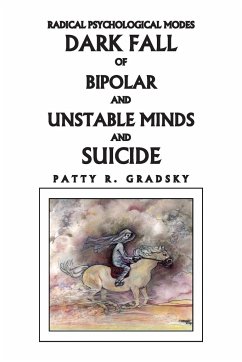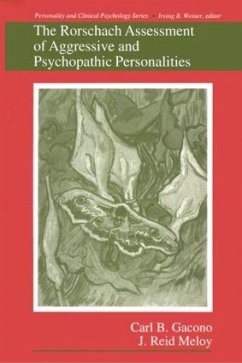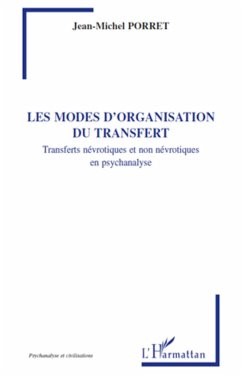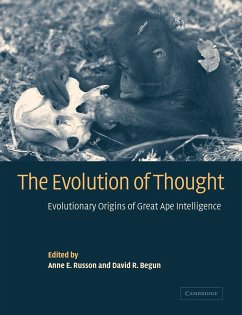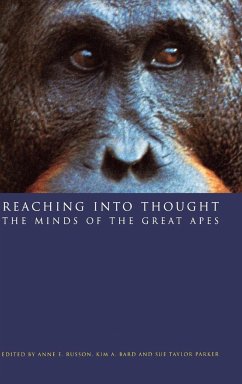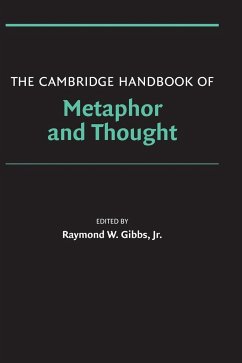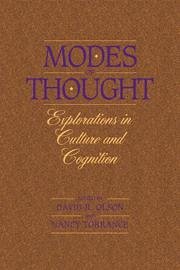
Modes of Thought
Explorations in Culture and Cognition
Herausgeber: Torrance, Nancy; Olson, David R.
Versandkostenfrei!
Versandfertig in 1-2 Wochen
111,99 €
inkl. MwSt.

PAYBACK Punkte
56 °P sammeln!
Modes of Thought addresses a topic of broad interest to the cognitive sciences. Its central focus is on the apparent contrast between the widely assumed 'psychological unity of mankind' and the facts of cognitive pluralism, the diverse ways in which people think and the developmental, cultural, technological and institutional factors which contribute to that diversity. Whether described in terms of modes of thought, cognitive styles, or sensibilities, the diversity of patterns of rationality to be found between cultures, in different historical periods, between individuals at different stages ...
Modes of Thought addresses a topic of broad interest to the cognitive sciences. Its central focus is on the apparent contrast between the widely assumed 'psychological unity of mankind' and the facts of cognitive pluralism, the diverse ways in which people think and the developmental, cultural, technological and institutional factors which contribute to that diversity. Whether described in terms of modes of thought, cognitive styles, or sensibilities, the diversity of patterns of rationality to be found between cultures, in different historical periods, between individuals at different stages of development remains a central problem for a cultural psychology. Modes of Thought brings together anthropologists, historians, psychologists and educational theorists who manage to recognise the universality in thinking and yet acknowledge the cultural, historical and developmental contexts in which differences arise.






